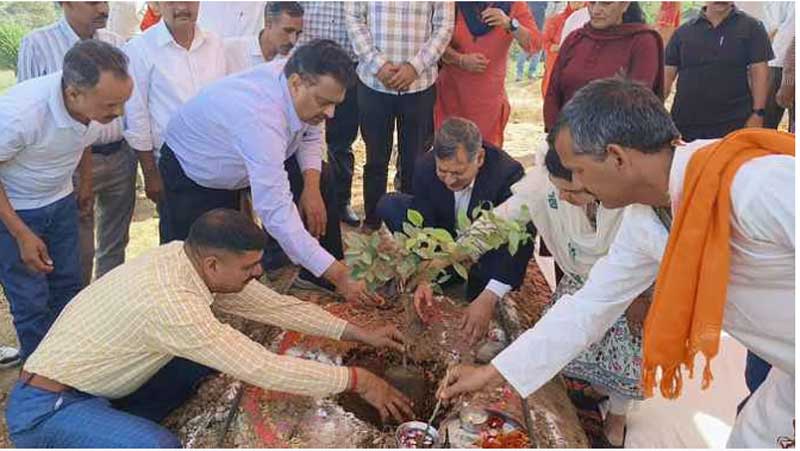Agri-Business Cooperatives in Every Village, Government Plans to Strengthen Rural Economy
Nursery Today Desk
New Delhi: Ramesh Chand, member of NITI Aayog informed in an interview that the government is planning to set up one cooperative in agri-business in every village, where there is none. In the next stage they plan to expand this to multi-sector cooperatives that will deal with additional items other than farm produce. They can further store the produce or export. This is a big movement towards rural cooperatives.
The goal of the government is “prosperity through cooperation” which will be achieved by strengthening the rural economy and strengthening Farmer Producer Organizations. Another initiative taken in this journey is the onboarding of 1,600 Farmer Producer Organizations (FPOs) in Open Network Digital Commerce (ONDC) last month launched by PM Narendra Modi.
According to Ramesh Chand, ONDC is a game changer step in agriculture market. Through ONDC, FPOs can sell to any wholesaler, business or consumer. He also added that state-level Agriculture Produce Marketing Committee (APMC) Acts are not applicable to electronic transactions.
He says, NDA government aims to improve the incomes of farmers regarding which different measures are being opted. He clarified that the necessary capacity-building will be carried out by a department under the agriculture ministry and that there is no budgetary requirement for onboarding FPOs into ONDC.
While efforts to promote greater private sector investment in the farm sector through three new farm laws faced a setback due to farmer protests in some states, the Center is looking into ways to boost farmer entrepreneurship and encourage community-based development through cooperatives. A national database of cooperatives is being created by the Center right now, which will make it easier to identify geographic gaps and support policymakers.
In order to help farmers better manage their sales and decrease food waste, the government granted permission to the more than 100,000 farm credit societies in May, which collectively represent the 130 million farmers in the nation.
The last-mile reach of cooperative societies and their significance to the rural economy were taken into consideration when this plan was launched.
The goal of the government for these organizations is to make them more financially stable and resilient. Additionally, the Center has provided the cooperative sector with a number of tax breaks. To be on level with new manufacturing companies, new cooperative societies that begin manufacturing operations by the end of March in the following year are eligible for a 15% corporation tax rate.

















